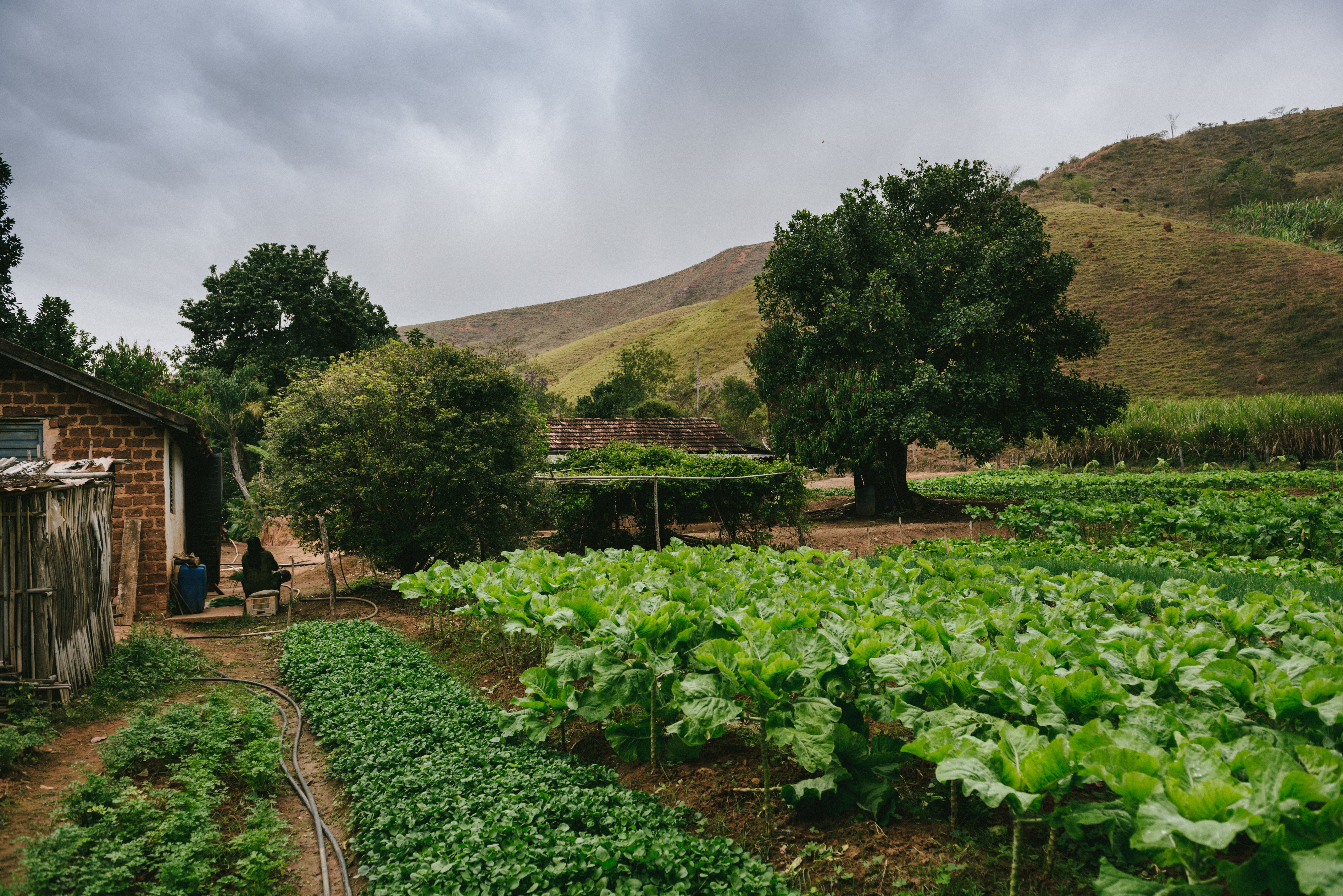Boosting Local Food Systems with Regional Development Funds
Enhancing Community Resilience Through Local Food Systems
Local food systems play a crucial role in fostering community resilience, economic growth, and environmental sustainability. By supporting regional food networks, communities can ensure access to fresh, healthy produce while also reducing their carbon footprint. Regional development funds are instrumental in boosting these local food systems, providing the financial resources necessary to strengthen infrastructure and support small-scale farmers and producers.

The Role of Regional Development Funds
Regional development funds are financial instruments designed to stimulate economic growth and development in specific areas. These funds can be pivotal in enhancing local food systems by investing in critical areas such as infrastructure, technology, and education. By channeling resources into these sectors, regional development funds can help small farmers scale their operations, reach new markets, and adopt sustainable farming practices.
One of the main benefits of regional development funds is their ability to support initiatives that improve the efficiency and sustainability of the local food supply chain. This includes investments in transportation, storage facilities, and processing centers that can help reduce food waste and extend the shelf life of fresh produce.
Empowering Local Farmers and Producers
Empowering local farmers is a key component of strengthening local food systems. Regional development funds can be used to provide training and resources for farmers to adopt modern agricultural techniques, enhance productivity, and reduce environmental impact. This empowerment not only benefits the farmers but also ensures a consistent supply of fresh produce to local communities.

Additionally, these funds can support the creation of cooperative models where farmers can pool resources and share knowledge. By fostering collaboration among producers, regional development funds help create a more resilient and interconnected local food system that can better withstand economic and environmental challenges.
Promoting Sustainable Practices
Sustainability is at the heart of any successful local food system. Regional development funds play a pivotal role in encouraging sustainable practices by providing grants and incentives for eco-friendly farming methods. This includes supporting organic farming, reducing chemical inputs, and promoting biodiversity.
Furthermore, these funds can be used to develop educational programs that raise awareness about sustainable agriculture among consumers and producers alike. By promoting sustainable practices, regional development funds contribute to the long-term health of both the environment and the community.

Building Stronger Community Ties
Local food systems have the power to bring communities together. Farmers' markets, community-supported agriculture (CSA) programs, and farm-to-table initiatives all help strengthen community ties by connecting producers directly with consumers. Regional development funds can support these initiatives by providing financial assistance for market infrastructure, marketing campaigns, and educational events.
By fostering these connections, communities can enjoy a renewed sense of solidarity and shared purpose. Consumers gain a deeper understanding of where their food comes from and how it is produced, while farmers benefit from a loyal customer base committed to supporting local agriculture.
The Future of Local Food Systems
The future of local food systems is bright, thanks in large part to the strategic use of regional development funds. As more communities recognize the importance of supporting local agriculture, these funds will continue to play a critical role in driving innovation and sustainability in the sector.
With continued investment in infrastructure, education, and sustainable practices, local food systems can become more resilient, equitable, and environmentally friendly. By leveraging regional development funds effectively, communities can ensure that future generations have access to fresh, healthy food while also supporting local economies.
